Shipping quote request
We’ll calculate the shipping price as soon as getting your request.
Shipping quote request
We’ll calculate the shipping price as soon as getting your request.
You May Also Like
Sponsored Products
More from this Dealer
Natasha Lelenco, Currency #210, 2024, Painting
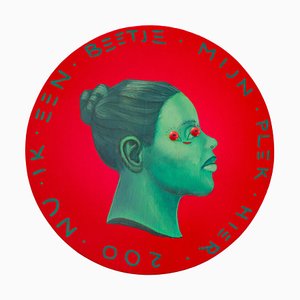
Natasha Lelenco, Octombrina, 2021, Acrylic Painting

Gozo, Desert of Lost Heads, Acrylic on Paper, 2024

Natasha Lelenco, Currency #139, 2023, Mixed Media
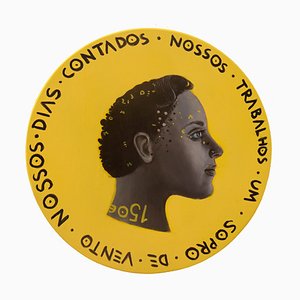
Natasha Lelenco, Currency #217, 2024, Painting
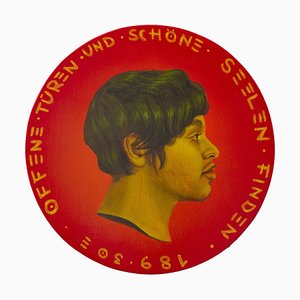
Natasha Lelenco, Man and Apple After-Dinner, 2020, Acrylic on Canvas

Natasha Lelenco, Large Domestic Scene in Virtual Landscape, 2021, Acrylic on Canvas

Natasha Lelenco, Currency #198, 2024, Mixed Media
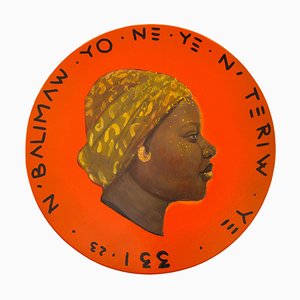
Natasha Lelenco, Yellow and Red Portrait with Green Hair, 2024, Acrylic on Canvas

Natasha Lelenco, Daba Dee Madonna, 2022, Mixed Media

Happy Face Emoticon on Cork Wood with Clover and Blue Accents
Natasha Lelenco, Currency #170, 2023, Mixed Media
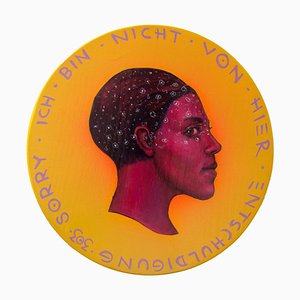
Natasha Lelenco, Currency #200, 2024, Painting on Pine
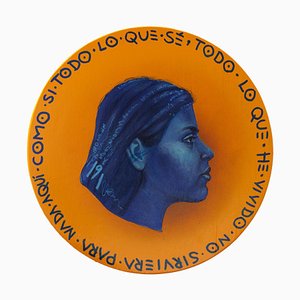
Natasha Lelenco, Mustache and Leaves, 2022, Acrylic & Spray Paint on Plywood

Natasha Lelenco, Currency #4, 2019, Painting on Plywood
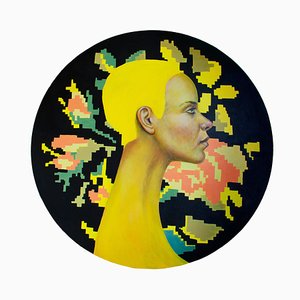
Natasha Lelenco, 7 Portraits and Still Lifes, 2023, Dibonds, Set of 7

Natasha Lelenco, Currency #209, 2024, Painting
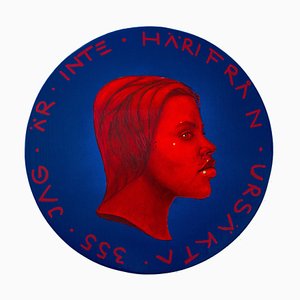
Natasha Lelenco, Large Portrait with Still Life: Girlfriend, 2023, Dibond
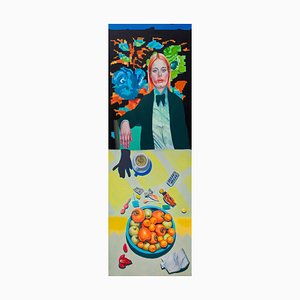
Gozo after De Chirico, Head Walker with Cat, 2024, Acrylic on Paper

Dancing Bears at Dusk - Colorfield Surrealist Landscape, Acrylic on Paper, 2024 2024, 2010s

More Products
Get in Touch
Make An Offer
We noticed you are new to Pamono!
Please accept the Terms & Conditions and Privacy Policy
Get in Touch
Make An Offer
Almost There!
To follow your conversation on the platform, please complete the registration. To proceed with your offer on the platform, please complete the registration.Successful
Thanks for your inquiry, someone from our team will be in touch shortly
If you are a Design Professional, please apply here to get the benefits of the Pamono Trade Program